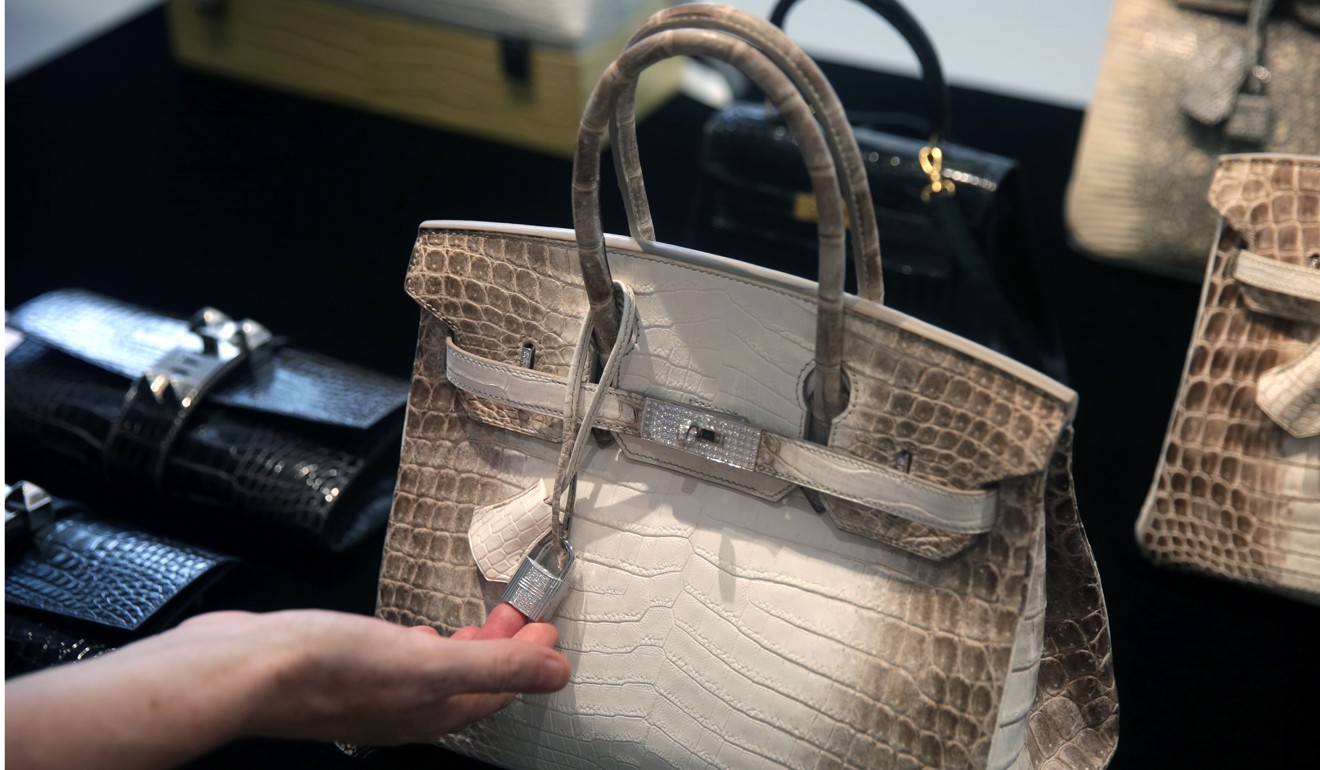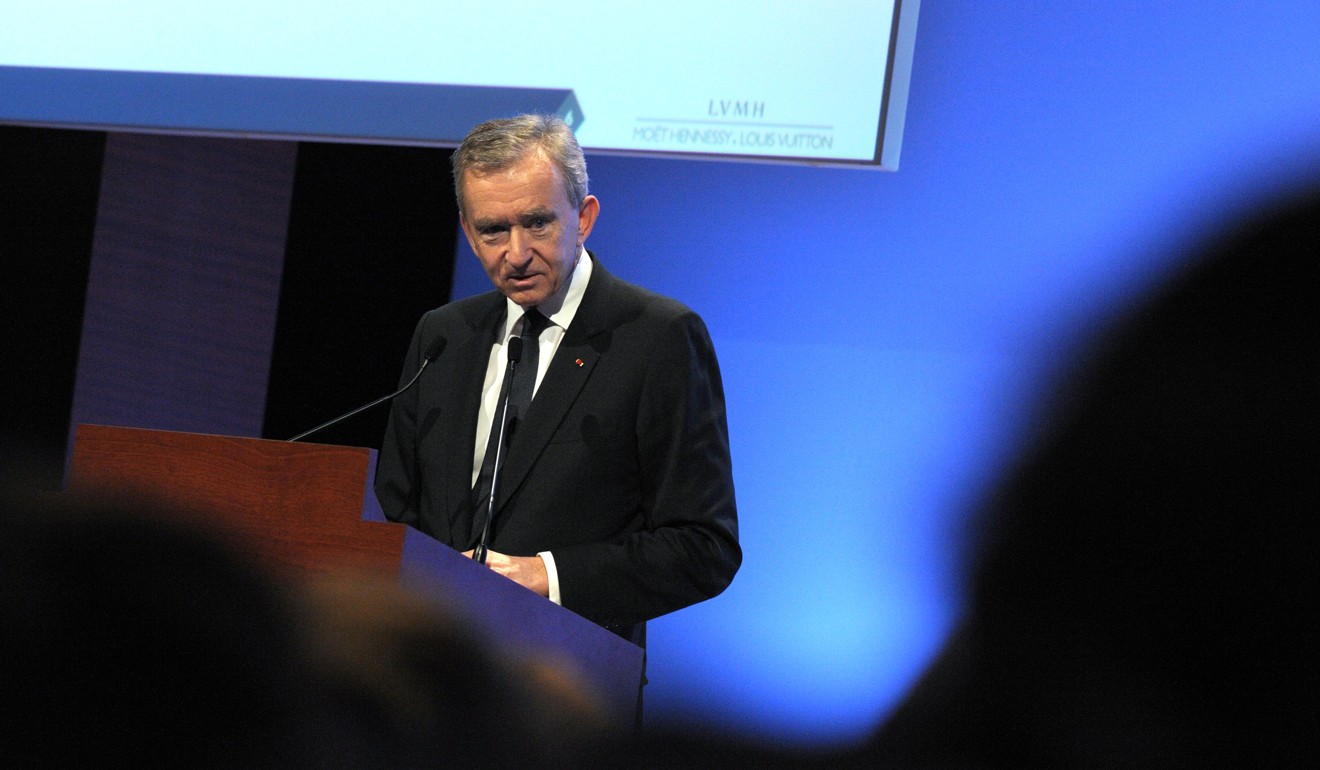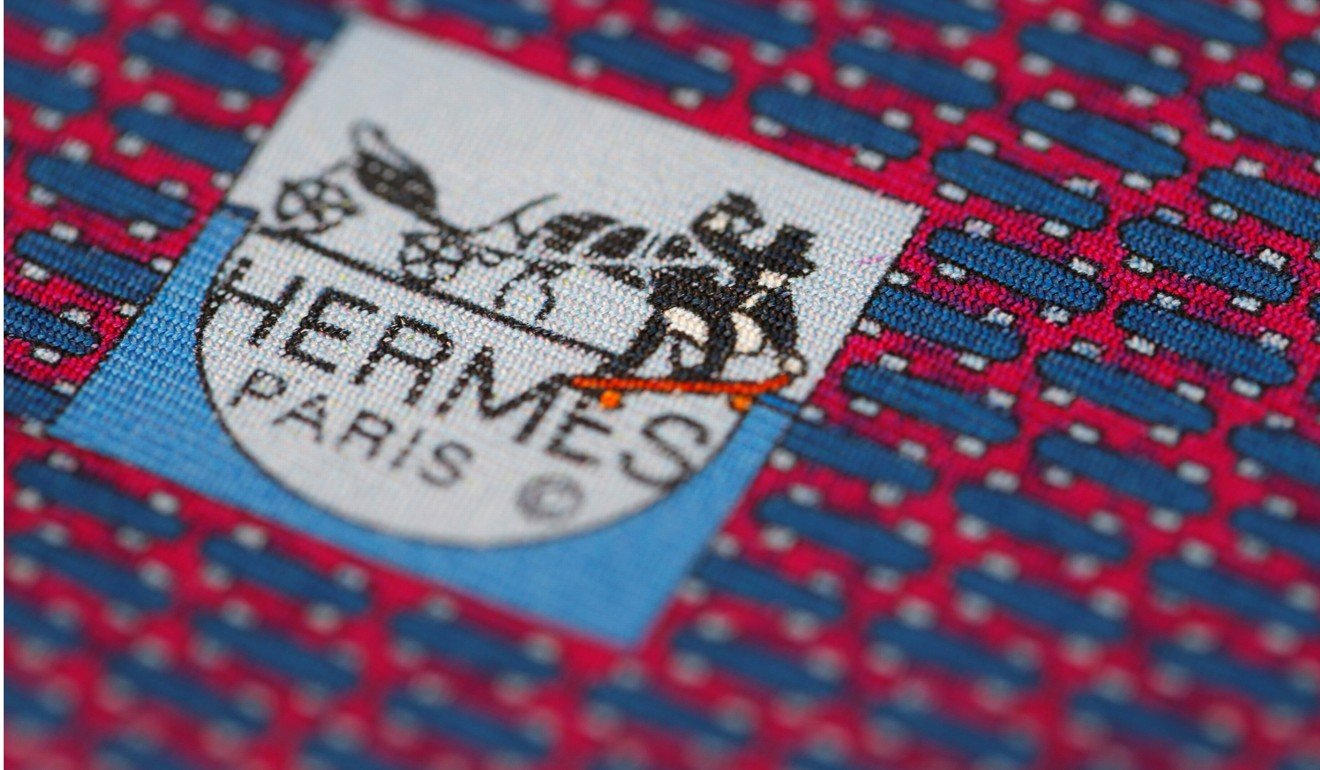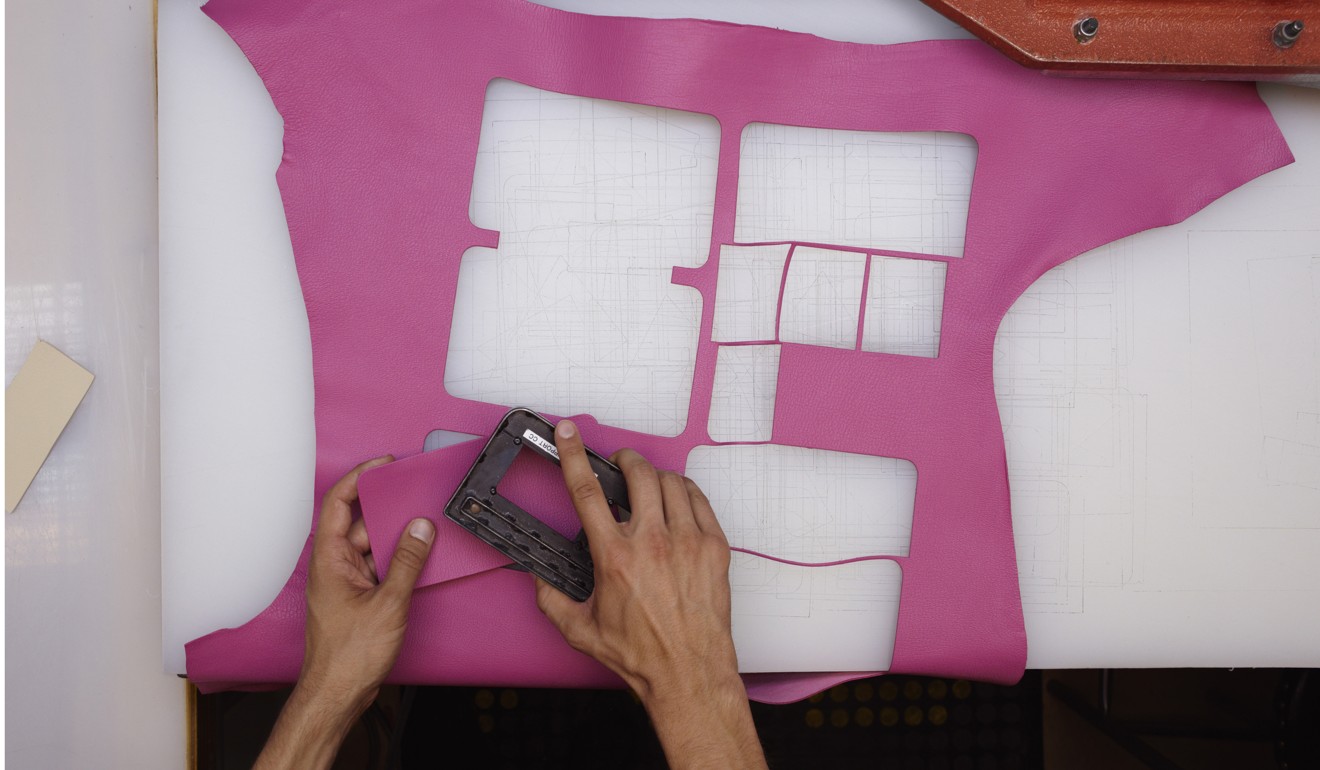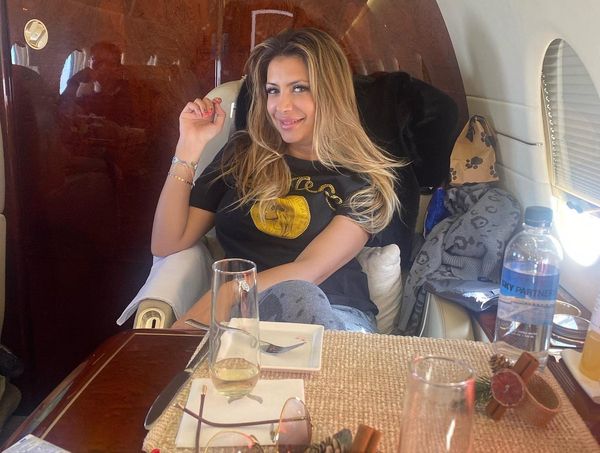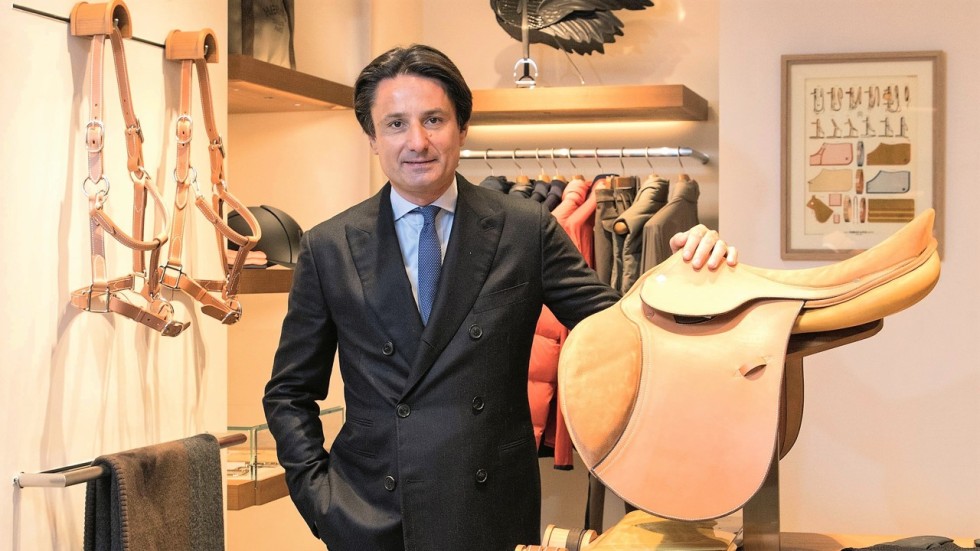
On her deathbed, Axel Dumas’ grandmother reportedly admonished him to protect the family business as a farmer would his land. The family business in this case was Hermes, the legendary French maker of luxury goods ranging from Birkin bags to bespoke interiors for superyachts and a €5 billion (US$6.14 billion) per year enterprise. After a 10-year grooming period, Dumas became the sixth generation of the family to helm the company.
“Usually it stops at the third generation,” Dumas said during a visit to Hong Kong, referring to the “three generation curse” about family fortunes. “It could be that we are two times three.” Dumas is the great-great-great-grandson of the company founder, Thierry Hermès.
Staying hands on in the business has been a hallmark of the Hermes family. Dumas’ mother was head of production and his uncle was CEO. He recalls being a kid at the dinner table and being a part of family discussions about day-to-day operations of the company.
Keeping a family business functioning well means harnessing family members who have something to offer the company, and being ready for tough discussion with those who can’t cut it.
“For us, speaking of families, it’s important that the young generation who want to join have a successful career outside (the business),” says Dumas. “We need them to construct themselves, first.”
Seamless partnership
Axel Dumas is a conservative CEO. He studied philosophy at the Sorbonne, law and then business at Harvard. He worked at BNP Paribas before joining Hermes in 2003, from then on working at different departments in the company, notably as finance director.
Dumas points to that partnership as one of the keys to Hermes’ ongoing success. “We know each other sufficiently to have very frank discussions with each other – not exactly fist fights,” Dumas says. “We were raised together, went on the same holidays. That’s the beauty of a family business. We fight, but it’s just a way of processing ideas. For an outsider, it looks like a fight, but for us, it’s just the normal process.”
Dumas became CEO in the middle of a fight with its much larger rival, LVMH, whose chairman Bernard Arnault, sought control of the company. LVMH secretly built up a 23 per cent stake in Hermes from 2002, and Arnault, who built up LVMH through acquisitions, was widely suspected of wanting to add Hermes to the LVMH line up. By 2010, the scale of LVMH’s holdings became known. Accusations of insider trading by Hermes led to a court fight.
In 2011, the Hermes family organised its defences to maintain control, a process that Dumas said was “quite easy to sell” to the family. A family holding company was established to own 51 per cent of the company stock, not permitting any sales for 20 years.
“They said, ‘where do we sign’? No one said they needed lawyers to look at all the documents.”
Hong Kong ties
Today, the family is firmly in control of a company whose fortunes seem to keep rising. In 2017, global sales rose 9 per cent, with growth in every market, while share prices have been hovering around €440, up from €240 in the fall of 2014, when the takeover fight with LVMH drew to a close.
Asia-Pacific, excluding Japan, now accounts for €1.9 billion in sales revenue, up 9 per cent from 2016. Hong Kong is again figuring heavily in Hermes’ plans.
Hermès opens biggest Hong Kong store as the luxury market warms up
In January, Hermes opened a new three-floor flagship store in the Prince’s Building in Central Hong Kong. The deal with the Prince’s Building was made in the fall of 2014, when the Occupy Central street protests had subdued landlords’ rent demands.
Thanks to street rallies, the Birkin bag’s purveyor got prime Hong Kong real estate for a bargain
“That was an incredible opportunity for us – to find a space that we were not able to find when everything was booming and funny enough, it worked. We have a good space, we see that the business is not easy, but we feel it’s getting better.”
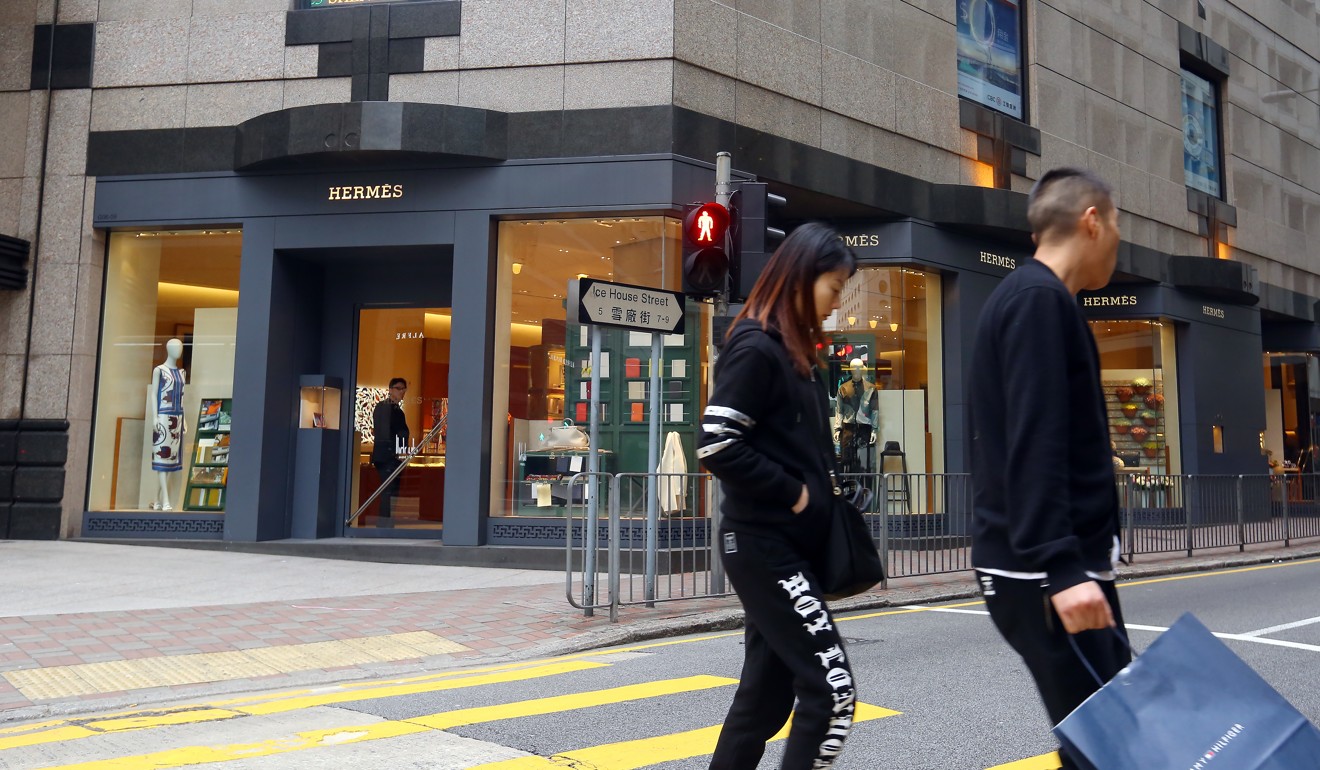
Dumas says he likes to take the long view on Hong Kong, and cites his great-grand-uncle who came to Hong Kong in the 1960s to sell Hermes ties “out of his suitcase”.
Pierre-Alexis spotted the location for the new Hermes store 25 years ago, and had wanted it for Hermes ever since. “We love corners because we have a great history of great windows,” says Dumas. “The Faubourg – our original store (in Paris) – is at a corner too. We like to be at corners – it’s a bit particular.”
Hermes pockets US$61.2 million profit from sale of retail shops in Hong Kong
Expectations for the new retail store are high, with mainland Chinese visitors, Hong Kong residents and incoming shoppers from Southeast Asia all expected at the outlet.
But the bet on retail comes at a time when e-commerce is challenging everything related to brick-and-mortar. And while Hermes is moving into bespoke areas like deluxe interiors on business jets, some 70 per cent of its revenue is in things like small leather goods, ready-to-wear fashion and fashion accessories – items easily handled by today’s e-commerce platforms.
Granted, the US$1.48 trillion global luxury market is on the rebound, driven by Chinese consumption, rising online sales and spending by millennial shoppers. Management consultancy Bain & Co projected it to expand at an annual compound rate of 4 to 5 per cent by 2020.
Chinese millennials give luxury brands a boost as they earn and spend it all
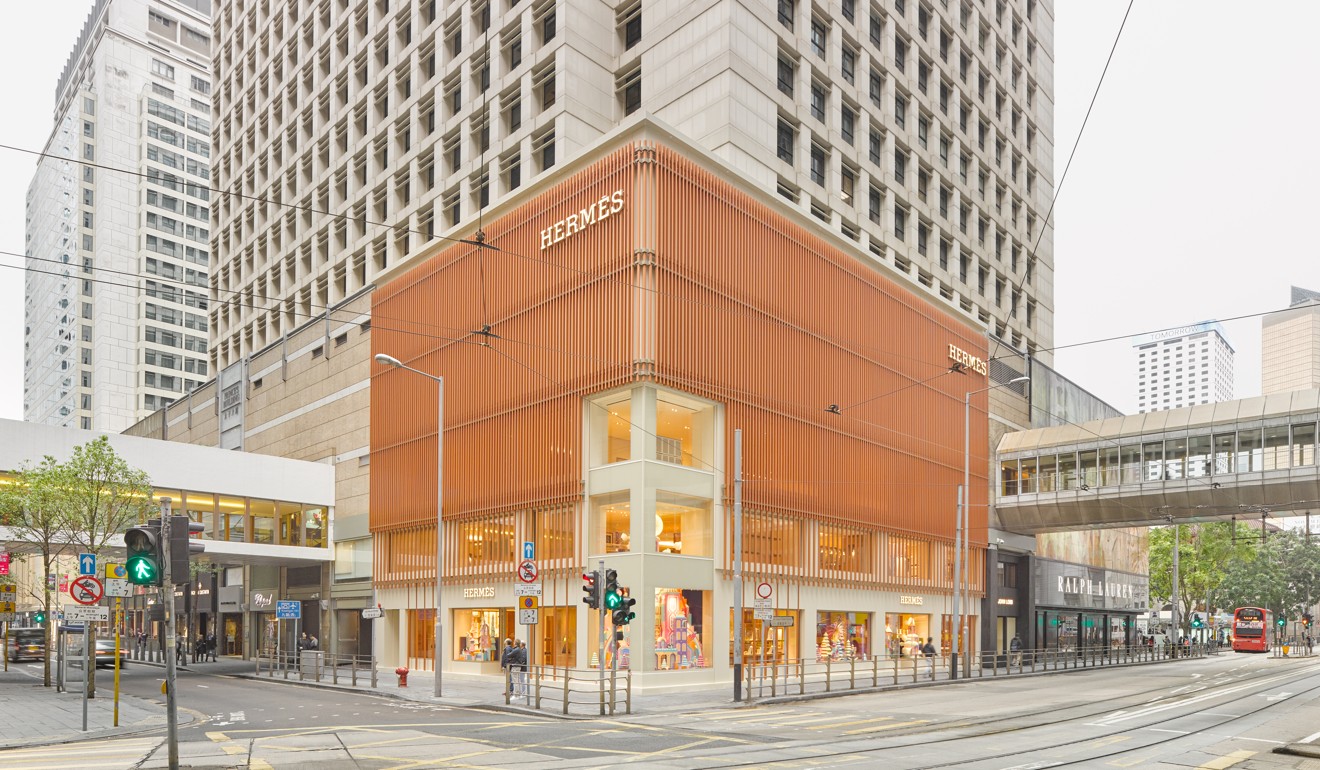
E-commerce advocates
Maintaining rising sales, handling the e-commerce challenge and holding the line on production quality, are now the things that occupy Dumas’ attention, all while keeping things firmly in family control.
Dumas says that he and Pierre-Alexis were early advocates of e-commerce, back in 2000 when his uncle was still running the company. He also points to the fact that changes in technology are a part of the fabric of the long-running company.
For 80 years after its founding in 1837, Hermes only sold saddles for horses. According to Dumas, when the car became popular, there was discussion between the two Hermes brothers whether to simply close the company. In the end, they adapted by creating travel accessories – matching the rising demand for such things from an increasingly mobile – and wealthy – market.
At the urging of Axel and Pierre-Alexis, Jean-Louis Dumas, Axel’s uncle and Pierre-Alexis’ father, decided to give e-commerce a try in 2001, with an online shop for ties and perfumes dedicated to the US market. “In my view, there is no hesitation about going digital. It reminds me of the debate about going international or not in the 1970s,” says Dumas.
Hermes has embarked on a dual-track expansion plan, financed out of cashflow (Dumas, the ex-banker, steadfastly avoids debt-financed expansion), with retail outlets growing and complementing an increased online presence. It launched a new online outlet for North America in late 2017, with an updated online e-commerce site for Asia due in the latter half of 2018.
Dumas, always eager to keep control of systems and processes, does not license Hermes products, nor plans to cede any control over online platforms. All the technology required to build up Hermes’ online sales will be done in-house.
But physical store expansion has not stopped either. Florian Craen, executive vice president of sales and distribution for Hermes, remarked that Hermes has 23 stores in China, and aims to expand to a new city every year.
Dumas says that Hermes capital expenditure is split between retail and manufacturing, with the brand adding between 300 and 400 craftsman jobs in France every year. Individual items are made by Hermes’ leather department, such as a custom-built foosball table that now resides in the Hong Kong store.
But e-commerce is about scale as well as personalisation. Will the Hermes model of super exclusivity translate to a brave new world, online? Dumas, the sixth generation of the family to run the company, remains confident.
(The full version of this article is published in the April issue of The Peak magazine, available at selected bookstores)
